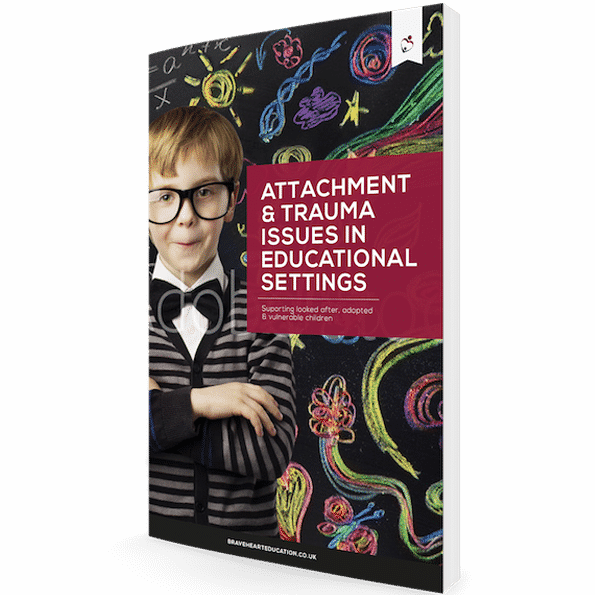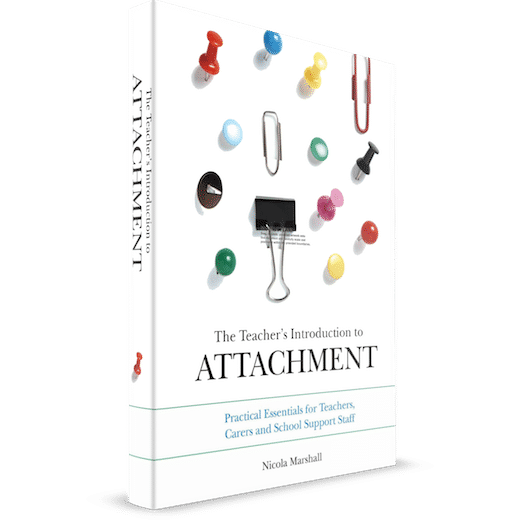Stomp, stomp, stomp up the stairs, bang goes the bedroom door, crash go the toys as they fly around the room……a familiar sound in our house I’m afraid. Of course this is following a load of shouting and screaming about how unfair their life is and how they hate this family! Those of you who have children, especially approaching the teenage years, will know these sounds too I’m sure. If you have adopted children whatever the age this will be a sound your all too used to as well.
We’ve tried to teach our children the ‘right’ things to say – you say please and thank you when you want things, sorry when you’ve done something hurtful towards someone else and whilst they will say these words sometimes their actions don’t exactly back up those words. For children who’ve experienced trauma it’s very difficult to feel empathy for others and to be able to take responsibility for your own actions. When you say sorry for example I always have thought that means if you are truly sorry you’ll try not to do it again – however with our children they will use the word sorry but do the action again and again and again because many of their actions are not premeditated they are impulse reactions to other things.
So should we look to the actions or the words our children say to see what is really going on? I once heard Bryan Post talk about this – that if children don’t get their feelings out in words then it comes out in attitudes and eventually in their behaviour. When I’m talking with schools about traumatised children we often talk about their behaviours communicating the need they have, they don’t have the words to express themselves so you have to watch their behaviour, their actions, to try and understand what they need. So a child who always needs the bathroom in the middle of Maths, or a child who constantly clings to the teacher, a child who won’t get changed for PE, or a child who is frequently upset around lunchtimes – they all may be trying to tell you something through their actions not their words.
One of the aims I believe we have as adoptive parents but also as educators to any children is to help them become emotionally resilient as they grow up. If they can understand what’s going on inside themselves then maybe they can take control and find the solutions themselves in time. Eventually they will be able to say what they need instead of relying on their actions and whether we see those actions and can interpret them properly. It’s a slow, gradual process but as we show them what it means to feel the different emotions then they will start to know what their body is telling them – i.e. when they feel hot or their fists start to clench they are becoming angry.
So are their actions so loud that you can’t hear what they’re saying? Well take a closer look – their challenging behaviours may actually be masking a much deeper need for acceptance and empathy from you. Try to look beyond the actions, get close enough to hear and you might just catch the whisper of a cry for help.



